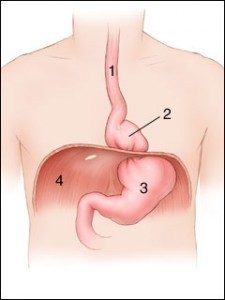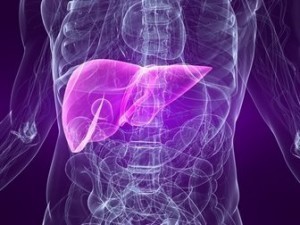Pelvic Pain
Pelvic pain is any severe or mild, recurrent or sudden as well as acute or chronic pain in the pelvic or in the lower right or lower left part of the belly button. The condition can be considered as chronic if the pain lasts for more than three months. Patients should seek help from professionals whenever they feel the symptoms associated with this health condition because these can be caused by different illnesses. To know the various treatments for the condition, physicians recommend patients to undergo medical procedures to diagnose the real cause of pain.
Pelvic Pain Symptoms
Some of the usual and minor symptoms of the condition include dull and recurrent pain in the pelvis, vague or stabbing pain in the lower abdomen as well as severe and sharp pain during sexual intercourse. Shooting and tingling ache can also be felt while urinating by patients who suffer from pelvic pain. Other symptoms that can be associated with the medical condition are rectal pain, low backache that can last for a day or two days and severe dysmenorrhea. Patients should consult with physicians immediately if they experience sharp and sudden pain in the pelvis accompanied with heavy vaginal bleeding or blood in stool or urine.
Pelvic Pain Diagnosis
The etiology of the pain can be easily detected by physicians with the use of different advance procedures or methods. Patients who experience mild symptoms usually undergo physical examination so that physicians can easily detect the cause of the problem. When it comes to serious cases, patients are encouraged to undergo some processes such as magnetic resonance imaging, x-ray and pelvic ultrasound.
Causes of Pelvic Pain
By performing diagnostic tests on patients, physicians can efficiently identify the etiology of the condition. Some of the causes of pelvic pain are endometriosis, post infectious neurological hypersensitivity, visceral pain and pelvic girdle pain. The condition can also result from the development of cysts in the ovaries, uterine leiomyoma, appendicitis and ovarian torso. Other serious conditions related to the pain are Mullerian abnormalities, Pelvic inflammatory disease, ovarian abnormalities, loin pain, hematuria syndrome and proctitis.
Pelvic Pain Relief
Patients who experience mild symptoms are usually recommended by health experts to take pain relievers like non-steroidal and anti-inflammatory drugs. For first aid treatments, patients can apply hot or cold packs on the affected area. Patients who experience symptoms related to ovarian torso or cysts formation are commonly encouraged to undergo chemotherapy or radiotherapy. Above all, surgeries are also used to remove cysts that cause the pain.
For more information on Pelvic Pain read:







